In her latest take, Extravagant Egalitarian revisits Cairo particularly in light of the recent Egyptian revolution; and compares issues of freedom of expression and questions the possibility of questioning certain customs and practices handed down for generations.
Extravagant Egalitarian by Azwa Petra – A LoyarBurok series featuring Azwa’s jaunts and jottings, with a take on human rights and putting it all in context with the social development of Malaysia.
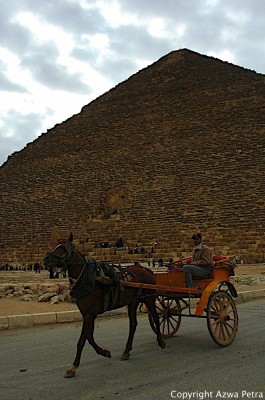
I started writing about Cairo at the end of last year. I was tinkering with it when the attack against the Coptic Church and mounting sectarian clashes around Christmas time in Egypt grabbed international headlines. The human rights issue I was planning to highlight in Egypt was just as important but writing about it at that time seemed… non sequitur. I tinkered further, and then the protests against Mubarak’s regime that started on January 25 exploded, riveting the attention of people across the world to Tahrir Square. I was personally captivated.
How people from different generations and ideological backgrounds come together – with help from modern technology like Google, Twitter and Facebook – to fight for democracy and fundamental human rights. The abundance of selfless acts from all walks of life – tending to protestors who got injured, providing free food and drinks to cleaning up the streets. Compelling scenes of Christians guarding over Muslims conducting prayers at Tahrir Square and vice-versa.
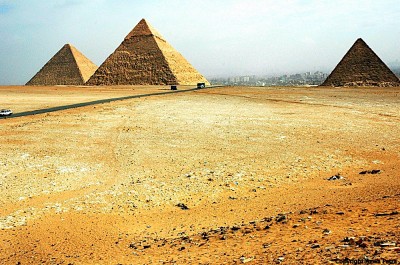
Even more fascinating was the picture I saw of Muslim women performing prayers in the same ‘saf’ in between men. There were reports of how harassing of women in public – an everyday occurrence before – was absent throughout the revolutionary protests. But weeks after the stepping down of Mubarak, there were reports yet again of sectarian clashes; how women trying to gather and demonstrate at Tahrir Square on International Women’s Day were verbally harassed and physically attacked.
Investigations later showed that many of these acts of harassment and clashes were instigated by agents from the former regime to make the people recall back times of ‘stability’ under Mubarak. At the time of writing, the majority of the people of Egypt just voted for amendments to the Constitution opening the path towards parliamentary and presidential elections, a move that was felt too rushed among the youth coalition that was mainly responsible for the historic demonstrations. Like the Coptic Christians, they have concerns that the rushed timetable towards elections would heavily favour the well-organised Muslim Brotherhood (as well as Mubarak’s party).
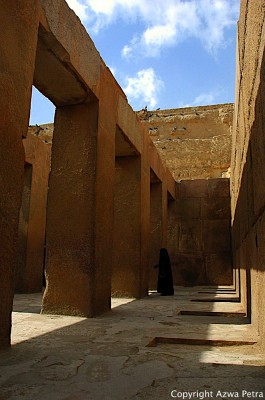
I had the pleasure of visiting Egypt in 2007. And I could imagine the magnificence that Cairo was as well as what it could potentially be; but the city I witnessed then was sadly a tired and decaying one. I came across a recent visitor’s account of seeing daily quarrels in the streets, and touts constantly trying to scam and rip off tourists.
Yet the Egyptian friends I have are among the most hospitable, accommodating people I know. During my trip for example, my friends left me in the good hands of a lovely young lady who acted as my personal tour guide in Cairo who duly informed me that there are three must-see areas for any new visitor – the Pyramids of Giza and the Great Sphinx, Islamic Cairo, and Coptic Cairo.
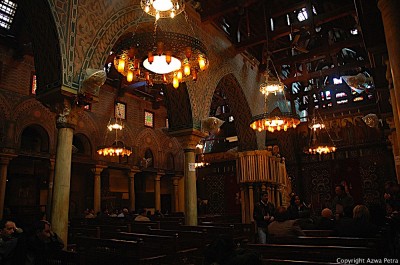
The Pyramids of Giza and the Great Sphinx need no introduction nor convincing of their significance and general awesomeness. Islamic Cairo, like the Giza Necropolis, is a UNESCO World Heritage site founded in 969 AD while Coptic Cairo hosts Coptic churches and historical sites including the Hanging Church located above a Roman fortress gatehouse. What struck me visiting Coptic Cairo in one day and Islamic Cairo on another was how the sites in Coptic Cairo seemed better preserved than those in Islamic Cairo. For example, one ‘madrasah’-complex-like compound in Islamic Cairo was off-limits for renovation but apparently it has been under renovation for several years already. I wondered then if the Egyptian government had been trying to present an image that its Christian minority is being taken care off lest it might invite criticisms from its Western allies.
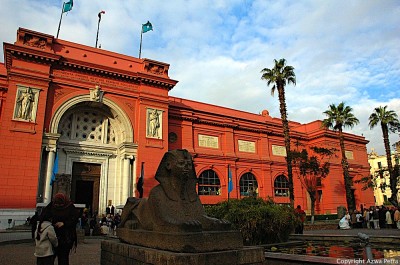
However, reading about the clashes between Muslims and Christians especially surrounding the church attack, allegations were abound regarding continuing discrimination against the Christians by the authorities. The 25 January revolution in fact helped reveal to the world the widespread poverty and deeply entrenched corruption – perpetrated through and perpetuated by abusive control of power – experienced by both Muslim and Christian, the youth and the elderly, men and women of Egypt.
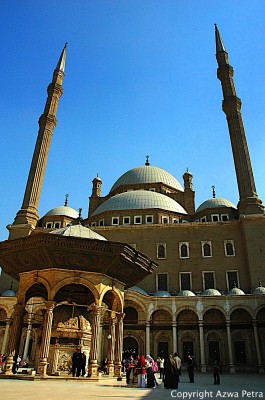
Cairo is also where Al-Azhar University is located. Founded in 970 AD, it is arguably the oldest university in the world. Its legal scholars among others issue fatwas followed by many in the Sunni communities around the world. I was always under the impression or perhaps misapprehension that edicts issued therefrom tend to veer on the very conservative side on the spectrum of legal interpretation of Sharia law.
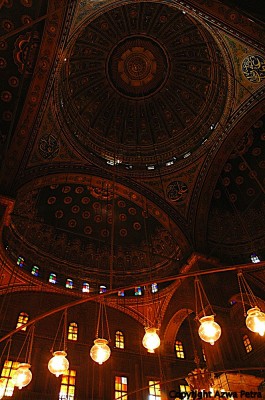
Yet there have been positions taken and edicts issued which are quite liberal when compared to those issued in Malaysia. For example, the late Grand Shaikh of Al-Azhar, Sayed Tantawi had ordered a ban on the niqab in the university stating that it “is a traditional costume, which has nothing to do with Islam.” He also supported the campaign by the Egyptian authorities against female genital mutilation (FGM).
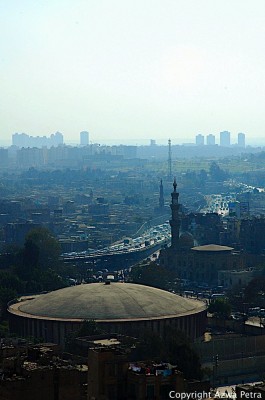
One of my Egyptian friends who happens to be a judge described to me how laws in Egypt were enacted as well as interpreted to ensure equality between men and women within Sharia jurisprudence. I found this particularly striking when compared to the situation back home. Maybe things have progressed somewhat since I was last based in Malaysia but I found that the usual attitude many Muslims took to matters related to Sharia is to not question anything minutely linked to religion.
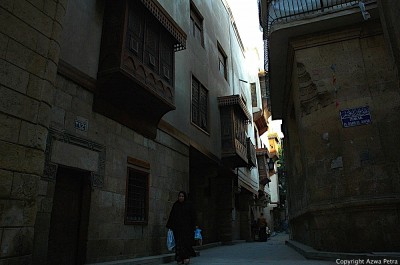
The issue of FGM is a case in point. In Malaysia, we still practise female circumcision as part of a religious and cultural tradition and carry it out on our very young daughters. Granted how it is practised in Malaysia is not as extreme as it is practised elsewhere (like in a few African countries involving the partial or total removal of the external female genitalia) and seems more symbolic in some cases; but the question should be asked: is it necessary and is it actually required in Islam? Parents can and should in most cases exercise consent for and on behalf of their children; however, considering the irreversible nature of the act, should not this be one of those things – usually not questioned because it is done in the name of religion – which should be reconsidered and rationalised?
One of the messages that came across from the Egyptian revolution was how while many of her people identify themselves as Muslims and want Islam as a way of life, they did not particularly share similar aspirations with those of the Muslim Brotherhood’s. I imagine this group of people struggle to find their own unique identity that imbues principles of Islam without redefining other aspects of their Egyptian identity. This is similar to the situation of minority Muslim nationals in Western countries or even to the situation of some of us who want to practise Islam not Arab-style but Malaysian-style.
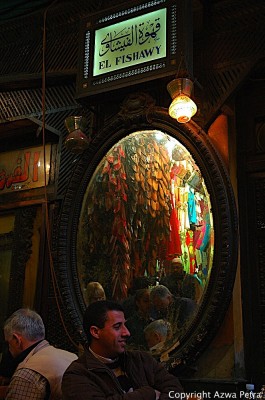
We in Malaysia are fortunate that many of the rights not easily exercised by Egyptians in the last three decades have come relatively easy to us. It is easy to forget we have rights that can and should be exercised. We forget, for example, that we can question Government’s policies and actions throughout its five-year administration, not just at the ballot box every five years. We get complacent about issues that should be challenged – like should we carry out circumcision for/against our daughters considering its permanent effect – just because it has been done so for several generations and our religion purportedly requires it.
Should we not stop and rethink about some of these important and significant things? I have always understood that Islam considers the mind to be the greatest gift to human beings; and indeed as the saying goes, a mind is a wonderful thing to waste.
Azwa Petra was described in a Star article last year as being, “[A]t 38 and still single, … already far beyond the average age at which Malaysians are expected to get married.” When not deluding herself that her day job will win her the Nobel Peace Prize, Azwa is continually planning her next travel escapade and spending money taking photography lessons which she forgets the next day. She loves dancing salsa and samba de gafieira, and her latest passion is trapeze flying.
LB: The views expressed here are solely of the author’s in her personal capacity and not necessarily those of her employer organisation.
See Also:
- Extravagant Egalitarian: Cuba. Castro. Che. Cohiba.
